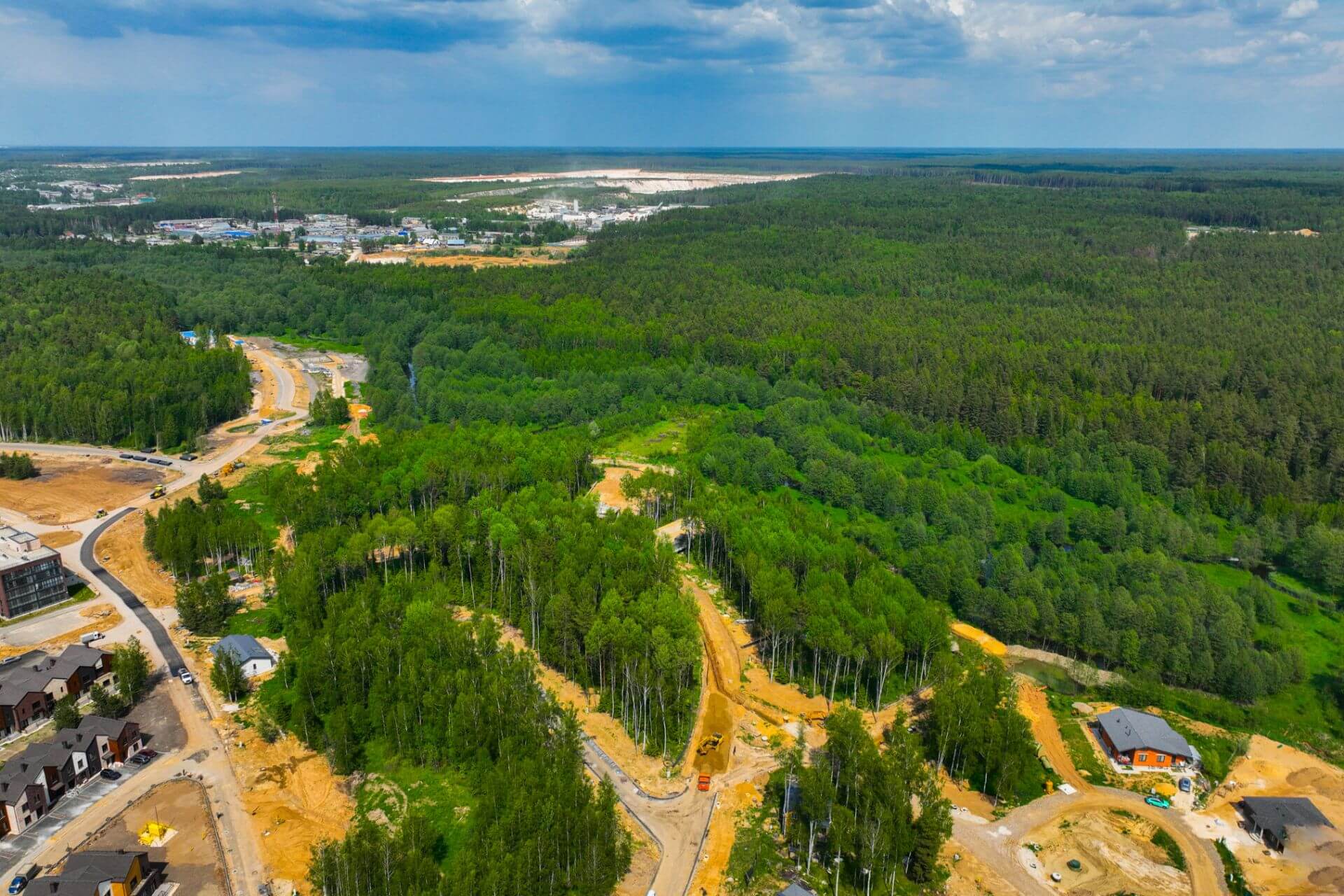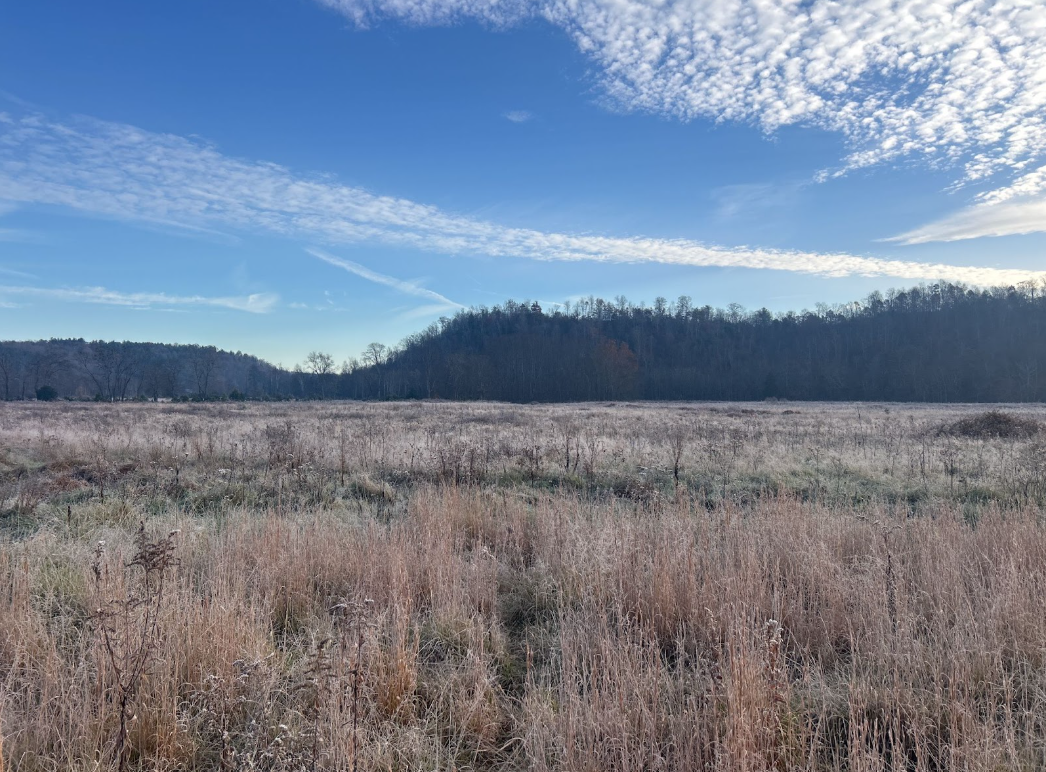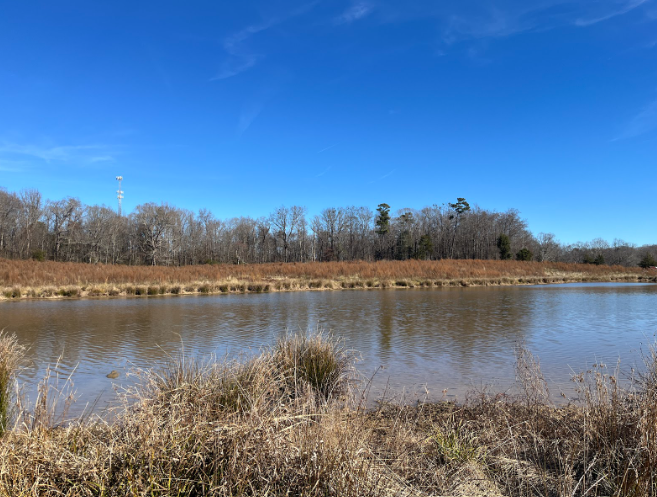In the modern era, the conservation of land has become a crucial element in the movement to preserve our natural heritage and biodiversity. Over the course of the past century, humanity’s rapid acceleration of technology and population growth has combined to require far more land than ever before and for the first time in our history, we have been tasked with creating a long-term strategy and system for conserving land now and for future generations.
The modern intersection of financial incentives and environmental stewardship has emerged as a key driver in this endeavor, particularly through the mechanism of tax incentives for land conservation. These financial tools are not just beneficial for landowners but also play a significant role in environmental protection. This blog post explores the essence, impact, and dynamics of these tax incentives.
Understanding the Fundamentals of Tax Incentives in Land Conservation
At its core, the concept of tax incentives for land conservation revolves around balancing financial compensation with ecological preservation. Tax incentives are pivotal in making land conservation an attractive and feasible option for more landowners, thus enhancing environmental protection efforts on a broader scale.
These incentives are designed to offset the financial losses that landowners incur when they enter into a conservation easement. A conservation easement is a voluntary legal agreement that permanently restricts certain types of land use to protect the land's conservation values. In essence, when landowners donate a part of their land's value for conservation, they can receive tax incentives. This is the fundamental motivator created by the federal and state governments for generating land conservation from residential and commercial landowners.
The Impact of Federal Tax Incentives
A significant milestone in the realm of conservation easements was achieved in 2015 when the U.S. Congress enhanced the federal tax incentive for donations of conservation easements. This permanent measure has been instrumental in encouraging Americans to conserve their land on a voluntary basis and has been pivotal to increasing the rate of land conservation across the country.
Landowners who donate easements on land that harbors important natural, agricultural, or historic resources can potentially avail themselves of substantial federal tax savings. The effects of this legislation have been profound, with land trusts across our beautiful country utilizing it to safeguard a wide range of uniquely beautiful landscapes. We’re excited to be working with landowners across the country to take advantage of this legislation and conserve thousands of acres of land.
State Income Tax Incentives and the Advantage of Transferability
While federal tax deductions are an important driver, the conservation easement landscape is advanced further by state-level incentives. Currently, 14 states and territories offer their own versions of tax incentives for conservation easement donation. These incentives vary from state to state, with some offering the unique feature of transferable tax incentives. This means that if a landowner doesn’t have sufficient tax liability to utilize the full incentive, they can sell the remaining incentive to another taxpayer.
This ability to monetize unused incentives introduces an additional financial benefit to the act of conserving land, enhancing its appeal to a wider range of landowners. As a result, many have chosen to protect ecologically sensitive areas, wildlife habitats, and scenic landscapes, contributing to the overall preservation of North Carolina's natural beauty.
Furthermore, the tax incentives in North Carolina have stimulated collaboration between private landowners, conservation organizations, and governmental entities. These collaborations often involve the pooling of resources and expertise to address broader conservation goals, ensuring a more comprehensive and effective approach to land preservation. In essence, the tax incentives in North Carolina have not only incentivized individual landowners but have also catalyzed a collective effort to safeguard the state's biodiversity and environmental heritage.
The Synergistic Effect of Tax Incentives on Land Conservation
In conclusion, federal and state tax incentives are pivotal drivers for land conservation, harmonizing financial benefits with ecological preservation. This intersection attracts landowners, serving as a key strategy to safeguard our natural heritage. Enhanced federal measures since 2015 motivate nationwide land conservation through substantial tax savings for easement donations.
State-level incentives, as seen in North Carolina, not only provide financial benefits but also foster collaborative efforts. Monetizing unused incentives expands the appeal of land conservation, ensuring a comprehensive approach through collaboration. Tax incentives stand as a model of successful synergy, aligning financial benefits with the imperative to protect our planet.
For individuals seeking to delve deeper into this topic, resources from the Land Trust Alliance offer a wealth of detailed information online and our experts will be more than happy to speak with you to further illuminate the significant role that tax incentives play in the conservation of our precious land resources.
We are a trusted partner for landowners to integrate conservation into their long-term strategy
Learn More






